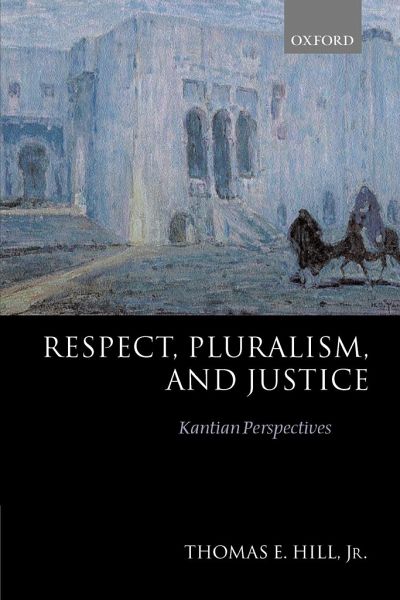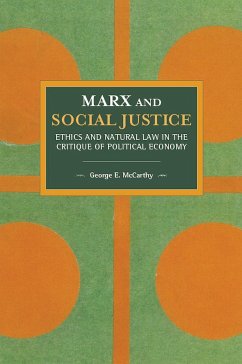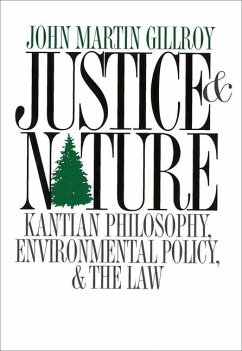
Respect, Pluralism, and Justice 'Kantian Perspectives'
Versandkostenfrei!
Versandfertig in 1-2 Wochen
58,99 €
inkl. MwSt.

PAYBACK Punkte
29 °P sammeln!
"Respect, Pluralism, and Justice" is a series of essays which sketch a broadly Kantian framework for moral deliberation, and then use it to address important social and political issues. What does it mean to respect humanity in a diverse world? Must respect be earned, and can it be forfeited? How, and why, should the state punish law-breakers? When, if ever, is political violence justified? How far are we responsible for the consequences of our misdeeds? How can liberals justify coercive state power in a world of diverse moral and religious beliefs? How far can we rely on conscience when it conflicts with authority? Although critical of Kant's extreme position on particular issues, Hill suggests ways to develop a Kantian approach that would emphasize the need for mutually respectful dialogue, appreciation of diversity, and sensitivity to particular contexts. In this lucid exploratory work Hill integrates the theoretical and the practical, allowing each to illuminate the other. He not only develops and extends Kantian ethical theory, but shows the role that it can play in our society.
Respect, Pluralism, and Justice is a series of essays which sketches a broadly Kantian framework for moral deliberation, and then uses it to address important social and political issues. Hill shows how Kantian theory can be developed to deal with questions about cultural diversity, punishment, political violence, responsibility for the consequences of wrongdoing, and state coercion in a pluralistic society.













![Legal Ethics [microform]: Address by the Hon. T.G. Mathers, Chief Justice of the Court of King's Bench, Manitoba, to the Manitoba Bar Associatio Cover Legal Ethics [microform]: Address by the Hon. T.G. Mathers, Chief Justice of the Court of King's Bench, Manitoba, to the Manitoba Bar Associatio](https://bilder.buecher.de/produkte/66/66184/66184822n.jpg)
